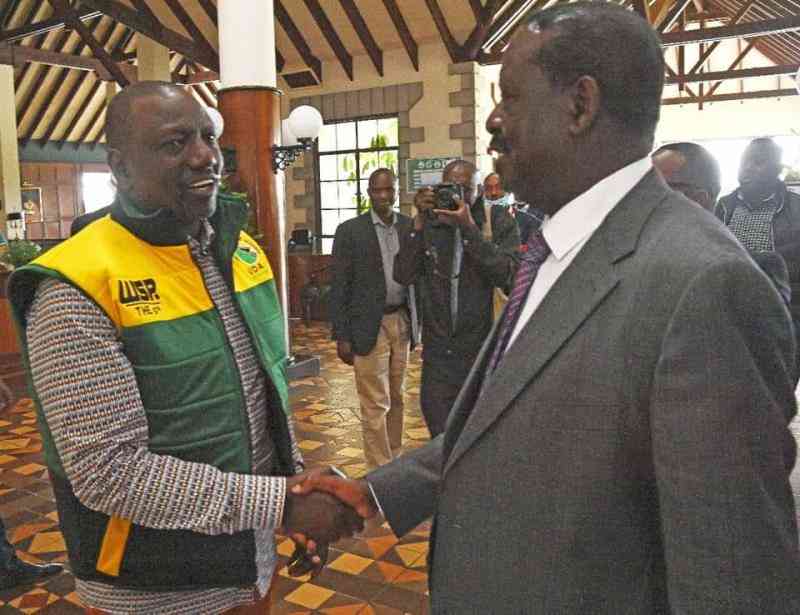
As Kenya edges towards the 9 August General Election, barely a week away, the stakes in the game are epitomised by the trading of merciless bare knuckled blows between President Uhuru Kenyatta and his deputy, Dr William Ruto.
As testament to the must-win character of the competition for the highest office in the land, the two leaders have thrown all moderation to the wind. They are serving each other unbridled epithets and invective, with little regard to caution. It is a sign of the anxiety that rules both the President Uhuru-led Azimio-One Kenya coalition camp, and Ruto's Kenya Kwanza fraternity. It is a do-or-die affair. The losers will be reflecting for long about what hit them. Yet someone must lose.